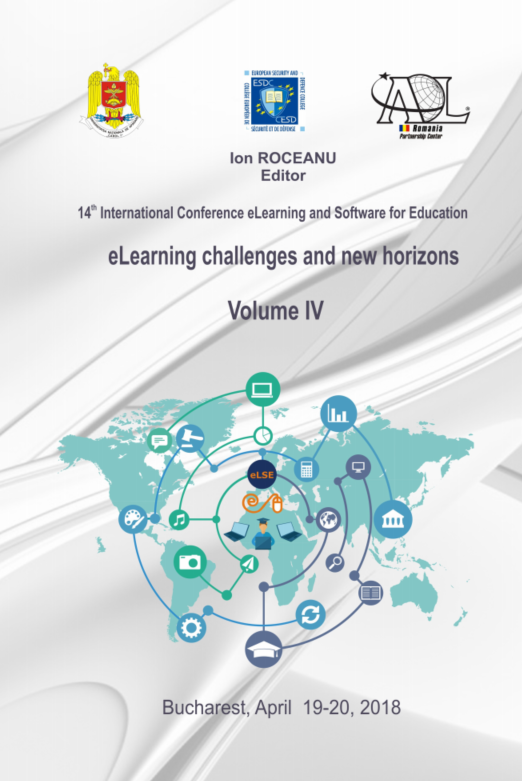Crowdsourced Techniques and Organizing Routines as Open Kinds of Education in e-Learning Environment
Crowdsourced Techniques and Organizing Routines as Open Kinds of Education in e-Learning Environment
Author(s): Ramona Mihăilă, Elena Grațiela Dicu, Aurel Pera, Gheorghe Cojocariu, Ionel MOHÎRȚĂSubject(s): Social Sciences, Education
Published by: Carol I National Defence University Publishing House
Keywords: crowdsourcing; participative; peer-based; open resources; e-learning environment;
Summary/Abstract: Based on previous insights (e.g. Paulin and Haythornhwaite, 2016), the core of our article represents an extensive analysis of the manner numerous distance, online, and e-learning settings have embraced substantial concerted approaches, bringing about the demand to take into account the way novel techniques of online cooperation emerge over and into learning and instructive routines. As education succeeds in dealing with such directions, crowdsourcing and participative, peer-based proposals are impacting teaching and training, in addition to the advancement of curricula variously. A boundless array of available, first-rate open resources and materials are accessible online, furnished by groups of professionals, educators, and students. There has been a long-lasting controversy in the scholarly literature concerning how several crowdsourced, open resources end up into the curriculum via instructor assessment and choice as essential, demanded contents. Instructors may also include open resources in the curriculum as restorative, complementary, or advanced material. In countless learning frameworks, the masses of students suggest or reflect on external resources through course debates, including them into the curriculum. Crowdsourced proposals that adopt open educational routines and further flexible learning have become popular in both open online and established learning frameworks. The difficult tasks of tremendous numbers indicate the demand for an improved perspective of the way teamwork, community, and crowdsourcing may be made functional in MOOC-based instruction. While in line with prior research on the current topic, our results indicate that the convergence of massive online participation and courses stimulates the urgency to advance and embrace patterns of instruction that originate considerably from the establishment of virtual communities and the performance of online crowds in comparison with the one of classes.
Journal: Conference proceedings of »eLearning and Software for Education« (eLSE)
- Issue Year: 14/2018
- Issue No: 04
- Page Range: 351-356
- Page Count: 6
- Language: English

